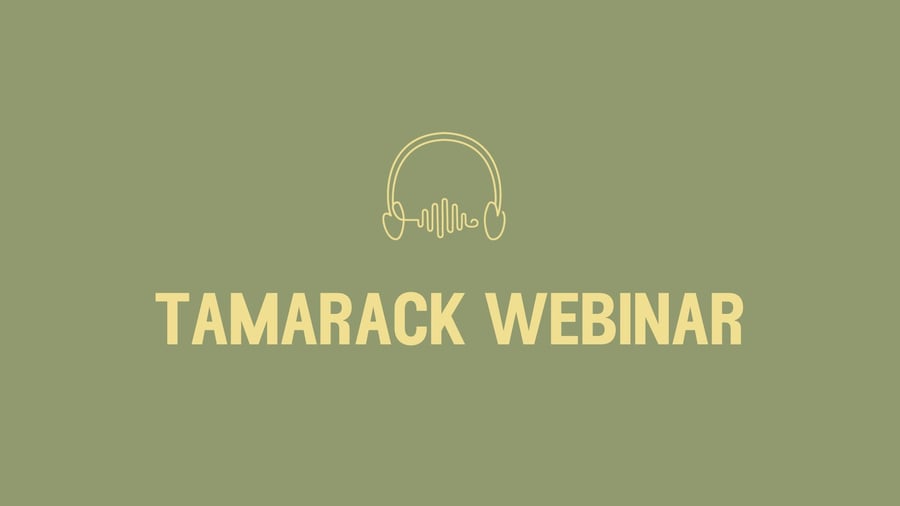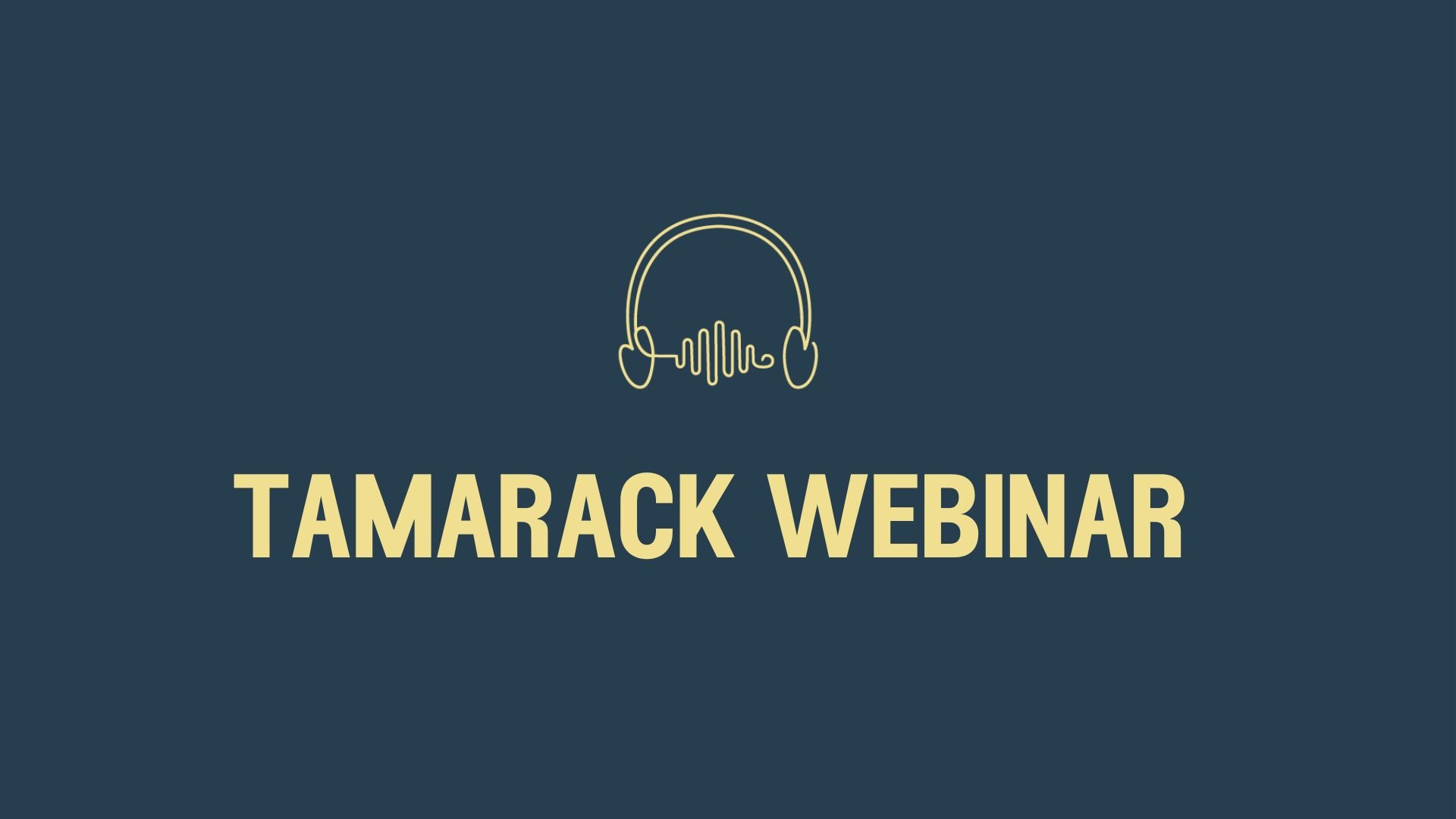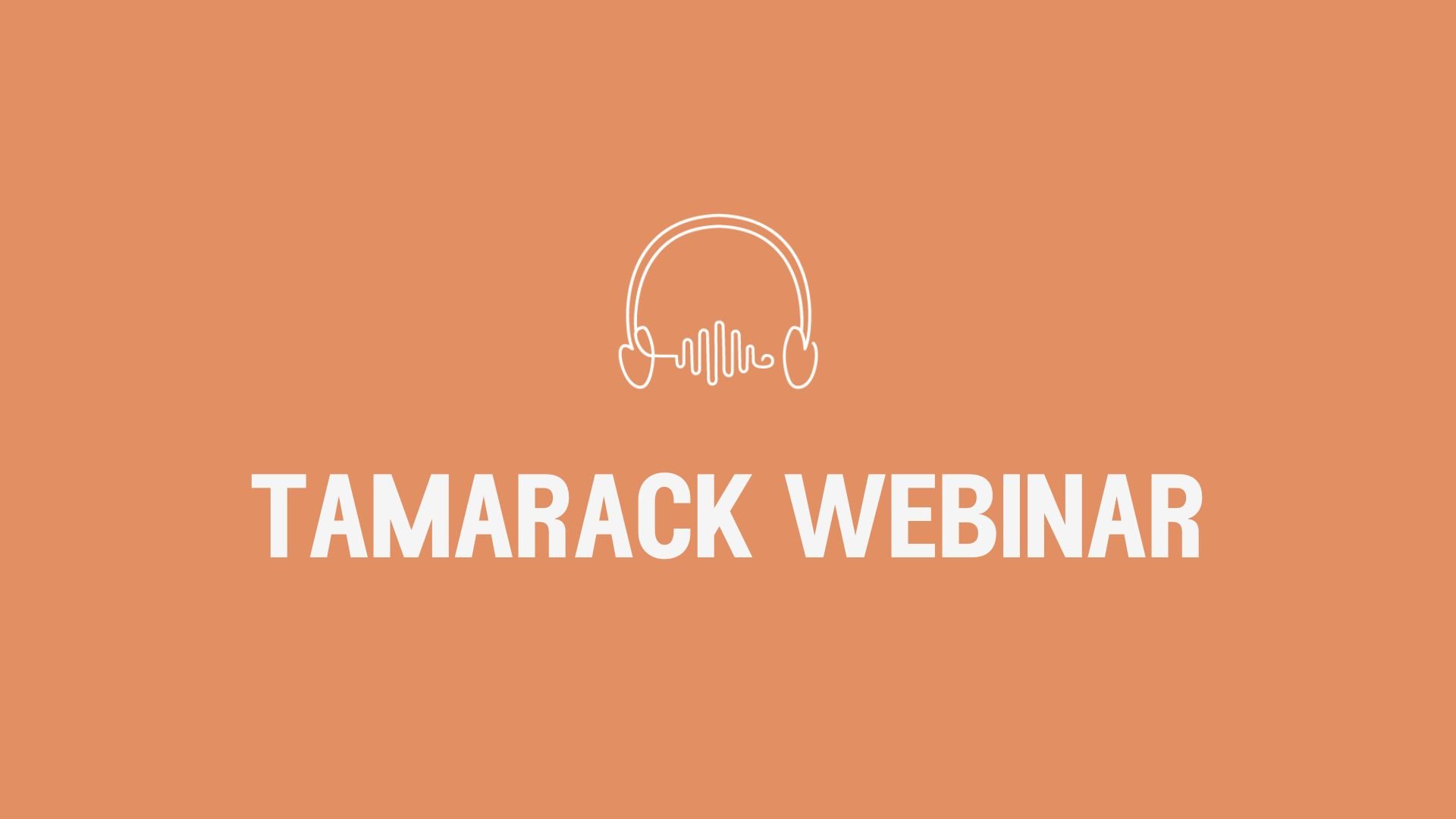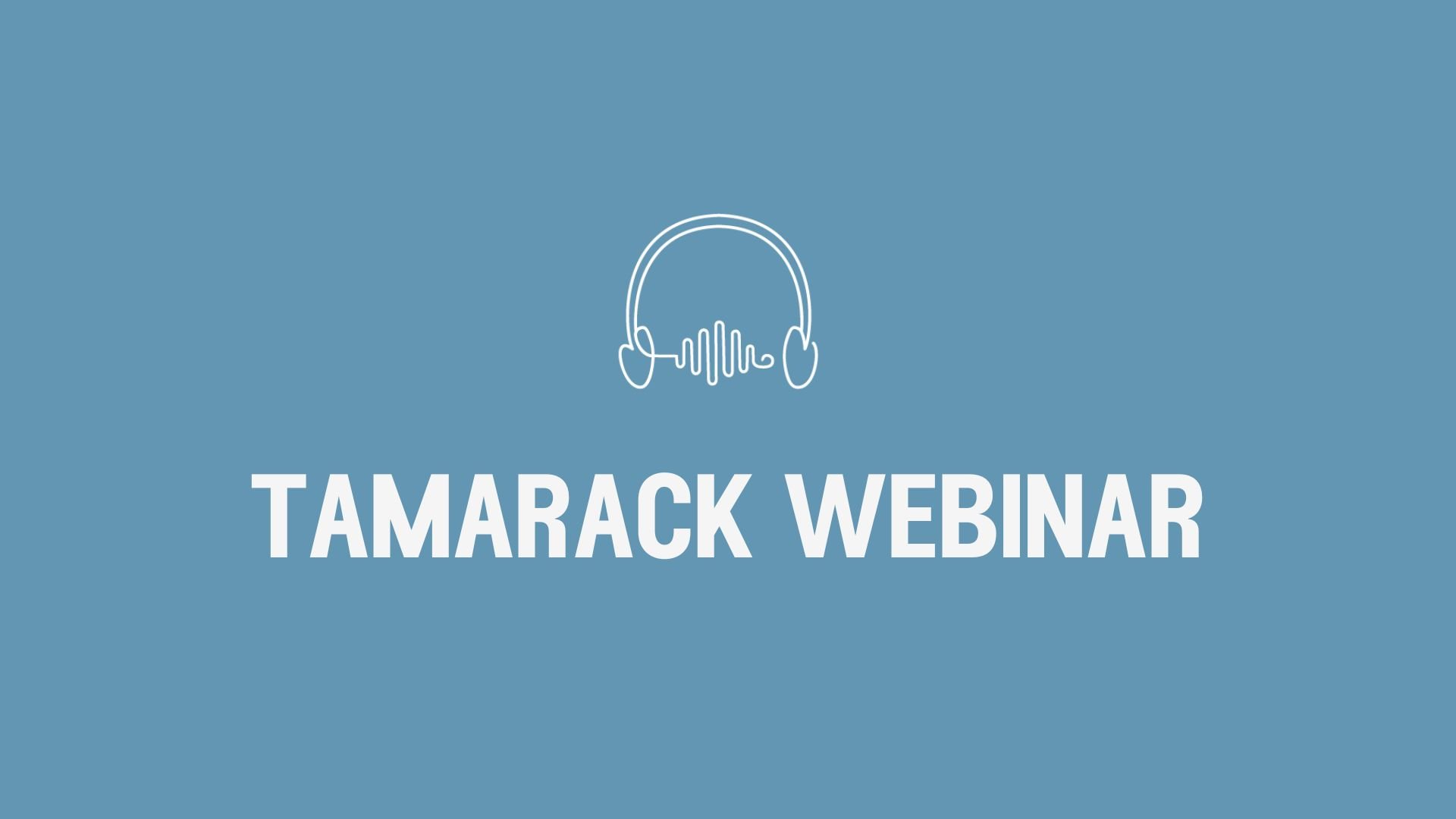Description
Watch the recording of the second webinar in our two-part Climate Transitions and Belonging Series as we explore how municipal leadership can drive equitable climate action. Click here to watch the recording of Part 1, which took place earlier this summer.
While cities are on the front lines of climate change, the impacts are not felt equally. This webinar is designed to help local governments and community leaders champion climate action that puts equity at the centre and embeds a holistic approach to climate action that addresses power imbalances and polarization.
We’ll introduce the Climate-Ready Communities Assessment Tool —a practical resource to help you evaluate your community’s progress in climate adaptation. This tool provides a clear snapshot of your current standing and highlights the priority areas and actions that can guide your next steps on the path toward climate equity.
By joining this conversation, you’ll gain actionable insights to strengthen resilience, advance equity, and foster a stronger sense of belonging in your community. This webinar is a must-watch for local governments, community organizations, and climate leaders committed to driving a just and equitable climate transition.
This webinar series was presented as part of the Tamarack Institute's ongoing campaign for a Canada-wide strategy for Belonging. We will continue to delve into the multifaceted nature of belonging with an additional webinar series on poverty and belonging, coming soon. Learn more about the Strategy and sign the pledge
Speakers
Stephen Ngonain. Senior Manager of Communities, Climate Transitions. Tamarack Institute

Stephen supports municipalities, communities, and Indigenous rights holders in advancing climate adaptation and resilience through collaborative leadership, equity integration, and practical program design. His work focuses on integrating climate risk reduction with equity, reconciliation, and inclusion to ensure climate actions deliver benefits for all. He specializes in developing innovative municipal climate financing models, such as enhanced Home Energy Loan Program (HELP) streams and creating tools that help local governments apply an equity lens to policy and program delivery. His interests include examining collaborative governance approaches that empower municipalities, Indigenous rights holders, and community organizations to co-lead climate initiatives, as well as building municipal capacity for cross-departmental alignment, internal change management, and meaningful community engagement. Stephen holds a Master’s in Environmental Studies and is a certified Project Management Professional (PMP).
Jorge Garza. Director, Networks for Change. Tamarack Institute

Jorge stewards a network of networks committed to ending poverty in all its forms. He collaborates with leaders from across sectors to implement community-led initiatives that address economic poverty, strengthen our relationships with the planet and each other, and advance promising career pathways for youth.
A newcomer with strong roots in México, Jorge previously led Tamarack's Canada-wide movement that mobilized thousands of local champions to counter polarization by centring belonging as a policy priority. His career in the non-profit and philanthropic sectors, including roles at the Metcalf and McConnell Foundations, is guided by core values of generosity, warmth, and authenticity. A realistic optimist, Jorge believes in everyone’s potential to build just and regenerative futures. He also advocates for cities of all sizes to be catalysts for social transformation. Jorge currently serves on the Board of Directors of Fondation Béati and co-stewards the foundation's strategic development committee.







